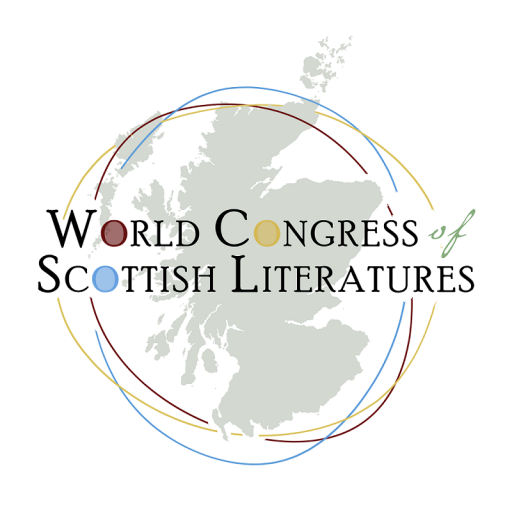Mion-Aithisg, or Minority Report: Translation and Bàrdachd
“Something has been lost” is often the de facto attitude toward Scots Gaelic poetry, or bàrdachd, in translation. Indeed, Wilson McLeod strikes this very chord while reflecting on bilingual editions of bàrdachd.
Such an attitude gives pause, and raises a number of interesting questions. For example:
- If ‘loss’ is the outcome, what is the role of translation?
- Should bàrdachd be translated?
- How do translation approaches to bàrdachd change through historical periods?
It is unclear for any literature what is necessarily lost in translation, but since bàrdachd is a minority literature which is often, if not always, read alongside English, it is worth exploring ‘loss’ further. Above all, if translation can preserve ethos, perhaps bàrdachd should be translated.
This paper seeks to reconsider the question ‘Should bàrdachd be translated’. It will not deny Wilson McLeod’s observation as much as refurbish it with a schema based on David Bellos’ proposition that translation can be a substitute for an original work. Three poems will be utilized throughout to compare and contrast: “The Headship of the Gaels is Good Charter” (tr. Bateman, McLeod), “My Timeworn Tongue Can Still Sing” by Alasdair Mac Mhaighstir Alasdair (my translation), and “Once” by Ian MacDonald (tr. Kathleen Jamie).
Taylor Strickland, University of Glasgow
